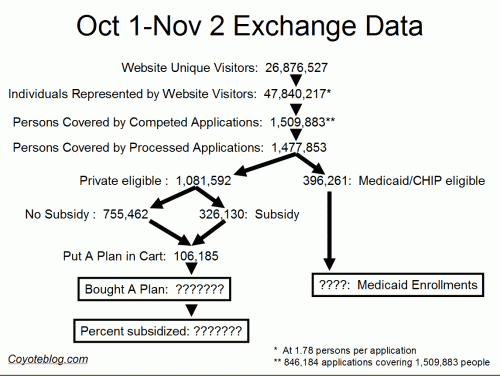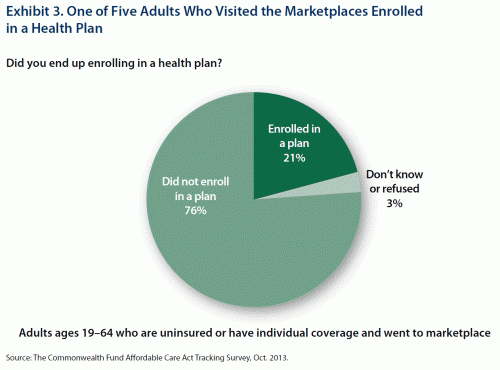Congress is considering adding gays and lesbians to the list of protected groups covered by the EEOC. As former chairman of a group that tried to get gay marriage legalized in Arizona (at least until we were shot down by gay rights groups that did not want libertarians or Republicans helping to lead the effort), I hope I don't have to prove that I have no problem with differences in sexual orientation. But I have a big problem with Federal employment discrimination law.
If you are unfamiliar with how it works, this is perhaps how you THINK it works: An employee, who has been mistreated in a company based on clear prejudice for his or her race / gender / sexual orientation, etc. has tried to bring the problem to management's attention. With no success via internal grievance processes, the employee turns finally to the government for help.
Ha! If this were how it worked, I would have no problem with the law. In reality, this is how it works: Suddenly, as owner of the company, one finds a lawsuit or EEOC complain in his lap, generally with absolutely no warning. In the few cases we have seen in our company, the employee never told anyone in the company about the alleged harassment, never gave me or management a chance to fix it, despite very clear policies in our employee's manuals that we don't tolerate such behavior and outlining methods for getting help. There is nothing in EEO law that requires an employee to try to get the problem fixed via internal processes.
As a result, our company can be financially liable for allowing a discriminatory situation to exist that we could not have known about, because it happened in a one-on-one conversations and the alleged victim never reported it.
What I want is a reasonable chance to fix problems, get rid of bad supervisors, etc. A reasonable anti-discrimination law would say that companies have to have a grievance process with such and such specifications, and that no one may sue until they have exhausted the grievance process or when there is no conforming grievance process. If I don't fix the problem and give the employee a safe work environment, then a suit is appropriate. The difference between this reasonable goal and the system we actually have is lawyers. Lawyers do not want the problem to be fixed. Lawyers want the problem to be as bad as possible and completely hidden from management so there is no chance it can be fixed before they can file a lucrative lawsuit.
I worry in particular about how this will play out with a new gay/lesbian discrimination law. We have employed a number of gay couples over the years, and never had any particular internal issue (I had to defend one couple in Florida from a set of customers who thought that it was inherently dangerous to employ gay people around children camping, but I did so gladly). But I know I have employees who have religious beliefs different form my own such that they think gay people are damned, evil, whatever. So now what do I do when I have one of these religious folks in conflict with an employee who is gay? If I don't separate them, I am going to get sued by the gay person for a hostile work environment. If I move the gay person, I will get sued for gay discrimination. If I move or fire the religious person, I will get sued for religious discrimination.
I am happy to work hard to build a respectful, safe work environment, but such laws put me as a business owner in no-win situations. And the lawyers who craft this stuff consider this a feature, not a bug. Heads I sue you, tails I sue you.





